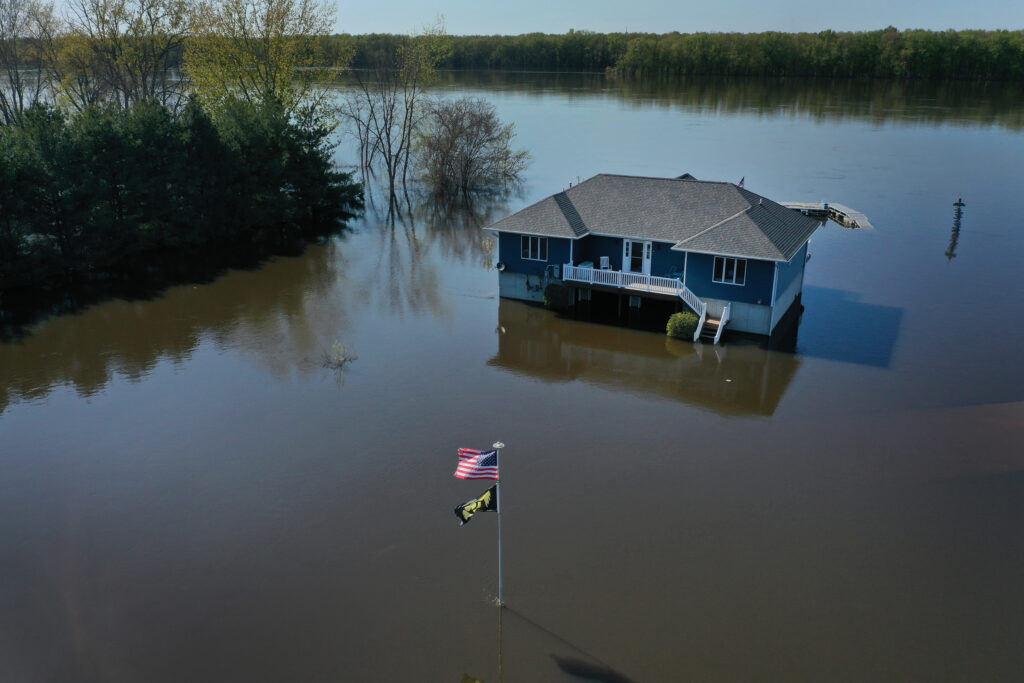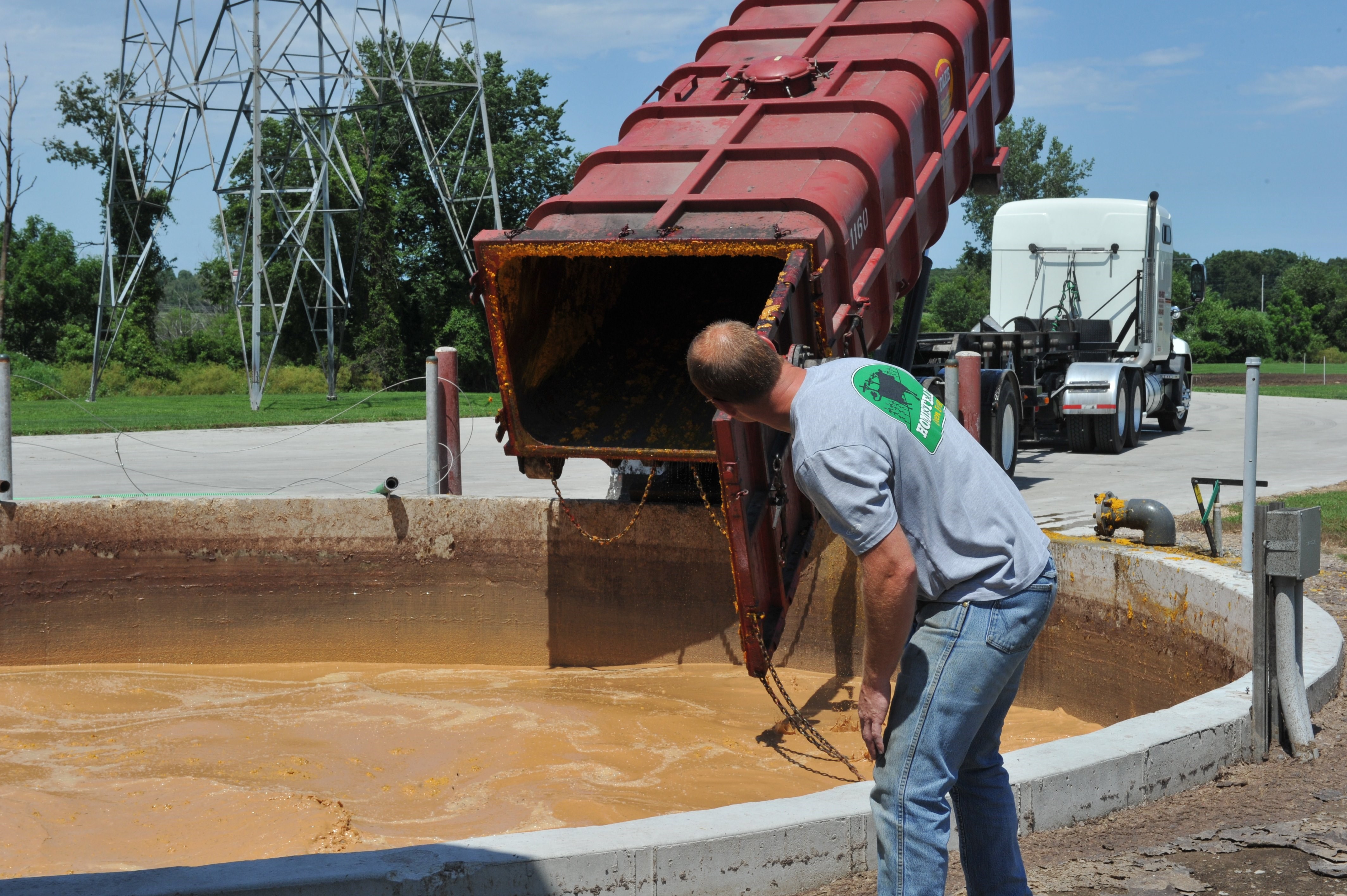Stronger legal duties on regional leaders to tackle air pollution and other environmental risks are set to be introduced after the Government approved a key amendment to the English Devolution and Community Empowerment Bill.
The Bill, introduced in July, aims to shift decision-making power away from central government and towards local and regional bodies in England.
The amendment — tabled by Communities Secretary Steve Reed — adds environmental factors such as air quality, access to green space and water, and wider environmental harms to the Bill’s definition of general health determinants. This change means new regional mayors will be legally required to consider environmental impacts when addressing health inequalities.
Public health and environmental groups have long argued that issues like poor air quality disproportionately affect disadvantaged communities, and should therefore be explicitly recognised within legislation guiding local and regional decision-making.
Among those welcoming the move is the Chartered Institute of Environmental Health (CIEH), which has been closely tracking the Bill’s progress through Parliament and submitted written evidence to the Public Bill Committee. The organisation has supported efforts by the Healthy Air Coalition — of which it is a member — to strengthen Clause 43 of the Bill, which sets out a duty for authorities to improve health and reduce inequalities across all areas of policy.
Professor Jim McManus, Vice President of CIEH, said the amendment represented “a victory” for those campaigning for better protections from pollution.
“Along with our partners in the Healthy Air Coalition we have called for stronger measures to protect communities from the worst pollution,” he said. “This amendment to the Bill is a victory for that goal as it will require combined authorities to take environmental factors into account when devising strategies to reduce health inequalities.”
“CIEH will continue to monitor the progress of this Bill and advocate for the vital role of Environmental Health Practitioners (EHPs) and their critical contribution to prevention, public health improvement, and community resilience.”
















